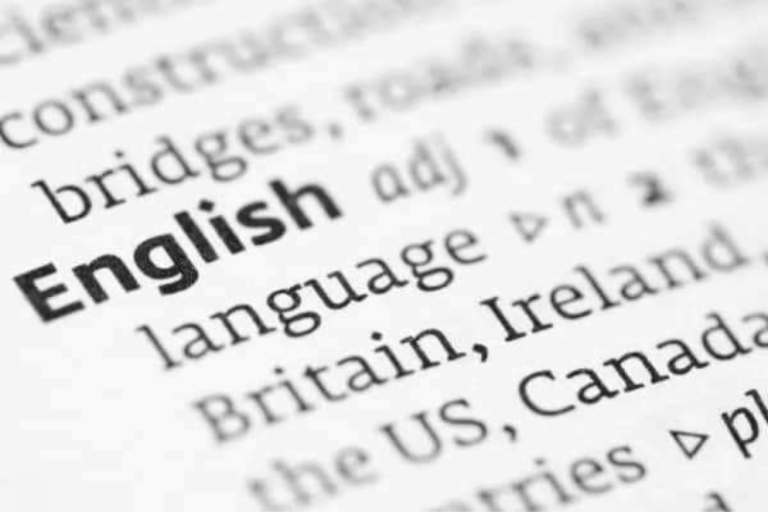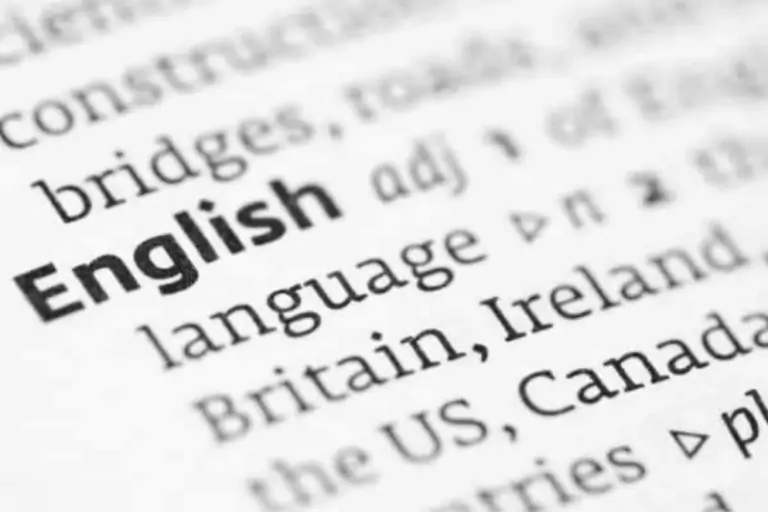

the 5 best english speaking countries in africa
English plays a pivotal role in facilitating cross-border communication, cultural exchange and international diplomacy. As a result, English has become a vital skill in today’s global business environment.
Africa, with a population of over 1 billion, is no exception to the English language trend. Approximately 130 million Africans speak English, and while it is an official or secondary language in 27 of the continent’s 54 countries, levels of proficiency vary.
The countries included in the ranking are considered non-native English speakers. The data is derived from assessments of 2.1 million adults across 111 countries. The proficiency levels are further categorised into five tiers: very high, high, moderate, low, and very low.
South Africa is a notable example of English proficiency in Africa, ranking alongside countries such as the Netherlands, Singapore, Austria, Norway, and Denmark in the very high category.
Across the continent, English proficiency remains relatively consistent, with various age groups demonstrating comparable levels of competence. What is particularly noteworthy is the narrow gender gap. It is among the smallest in the world, with minimal disparity between men and women in English proficiency at the national level.
English-speaking population: 89.90%
Uganda is an East African country with English as the official language. The most spoken languages in the country are Luganda and Swahili. English is taught in all primary schools, so many people are proficient in it. Uganda has about 49.9 million people. The country’s GDP is expected to grow 6.7% in 2024.
English-speaking population: 86.42%
Nigeria has many different tribes and ethnic groups. English is the country’s official language. But it is less common among the poor, in the countryside and in some schools. The main regional languages are Hausa, Fulani, Igbo and Yoruba. With a population of over 229 million, Nigeria expects to grow its economy by about 3% despite economic challenges.
English-speaking population: 83.53%
Sierra Leone gained independence from Britain in 1961. English is the country’s official language and is used in schools, government offices and formal contexts. Most people speak Krio, a Creole language derived from English. It is spoken by about 90% of the population of 9 million. The country expects its GDP to grow by 3% in 2024, up from 2.1% the previous year.
English-speaking population: 82.87%
Liberia is the only African country that has not been ruled by a major colonial power. It is Africa’s oldest republic. The country has many languages. English is the official language of Liberia, along with Kpelle. Liberia expects its economy to grow by 4.8% in 2024, mainly because of improvements in mining and agriculture.
English Speaking Population: 82.07%
Zimbabwe has 16 official languages. The main languages are Shona and Ndebele. English is the language of choice for most government, business, and educational institutions. Zimbabwe’s GDP is expected to grow by 3.25% less than expected due to drought and a drop in global demand for its agricultural exports.
US Secretary of State Marco Rubio ordered South African Ambassador Ebrahim Rasool to leave America by March 21 because he…
Early 2025 ends with IPL fever in India and cricket fans receive good news of an international schedule full of…
National teams from Africa advance their World Cup qualification pursuit as they take part in Matchday 5 of the qualifiers.…
Creative Africa Nexus (CANEX) is running the Book Factory Prize for Publishing in Africa again to award $28,000 to African…
Canadian companies have expanded their presence as major African mining stakeholders and invested more than $37 billion. Africa holds the…
The South African government wants people to plant one million trees across the nation within a single day on September…
This website uses cookies.